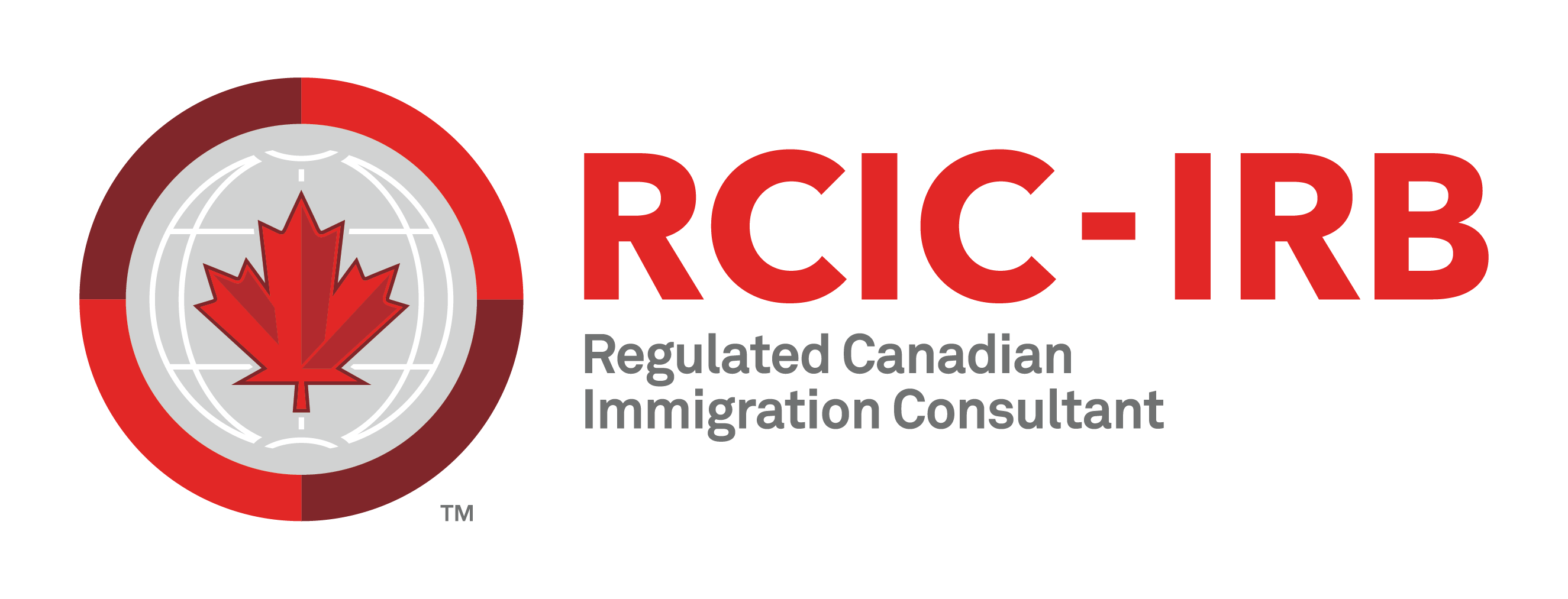Navigating the latest changes of 2023 for prospective international students and study permit holders
In the constantly evolving Canadian immigration landscape, it is crucial to stay informed about the latest policy changes that may affect your plans to study and work in Canada. Recently, Minister Marc Miller announced significant updates to the immigration policies, particularly concerning study permit applicants. In this blog, we will delve into the key changes introduced by Immigration, Refugees, and Citizenship Canada (IRCC) and explore their implications for prospective students.
I. Cost-of-Living Requirement Increase
Effective January 1, 2024, IRCC has increased the cost-of-living requirement for study permit applicants. The new benchmark stands at $20,635 for a single study permit applicant, more than double the previous requirement of $10,000 set in the early 2000s. The goal of the modification is to make it in line with the current cost of living in Canada so that arriving students avoid financial hardship while covering their living expenses
Another significant modification is the promise to annually modify the cost-of-living criteria in line with Statistics Canada’s revisions to the low-income cut-off (LICO). This guarantees that the financial criteria will always represent the minimum income required by the nation to cover basic demands. For simplicity, the Student Direct Stream (SDS), a study permit stream renowned for its accelerated processing for applicants from 14 designated countries, will also be subject to the revised financial restrictions. Th4
The revision, according to the IRCC, is a preventative step to stop student exploitation and vulnerability. The department plans to launch targeted pilots in the upcoming year to support underrepresented cohorts of international students studying in Canada, acknowledging that the impact can differ among applicants.
II. Extended Business Hours for Students from Abroad
The IRCC has extended the waiver of the 20-hour work limit for international students until April 30, 2024. Students who are currently enrolled in classes in Canada as well as those who applied for a study permit by December 7, 2023, will benefit from this extension, which was first announced on November 15, 2022. Students must fulfill certain requirements in order to be eligible for extended working hours. These requirements include having a Social Insurance Number (SIN), studying full-time at an approved educational institution, maintaining satisfactory academic standing, and possessing a valid study permit. The extension offers financial flexibility and hands-on experience in the Canadian job market by allowing students to work more than the standard 20 hours per week during academic sessions.
III. Updates on the Post-Graduation Work Permit (PGWP)
Additionally, Minister Miller disclosed two noteworthy developments concerning the Post-Graduation Work Permit (PGWP). September 1, 2024, is the new deadline for international students to take advantage of the flexibility that allows them to apply online study terms toward their future PGWP. This extension acknowledges the effect that distance learning has on students’ program length overall.
There will be no particular extension of PGWPs. In 2022 and 2023, the government enacted temporary measures that allowed for an 18-month extension. The most recent extension policy allows those whose work permits expire on December 31, 2023, to apply; after this date, the IRCC will not pursue any more extensions. The announcements made by Minister Marc Miller show how committed the Canadian government is to adjusting immigration laws to meet the changing needs of international students. While the increased cost-of-living requirement aims to ensure financial stability, the extended working hours and PGWP flexibility provide students with valuable opportunities for personal and professional growth.
Have clarifications?
Reach out and seek guidance from Al Dar Immigration Services to ensure a thorough understanding of the latest Canadian immigration policies. Book a consultation to learn more.
Email: info@aldar.ca
Phone #: +1 807-356-1731


